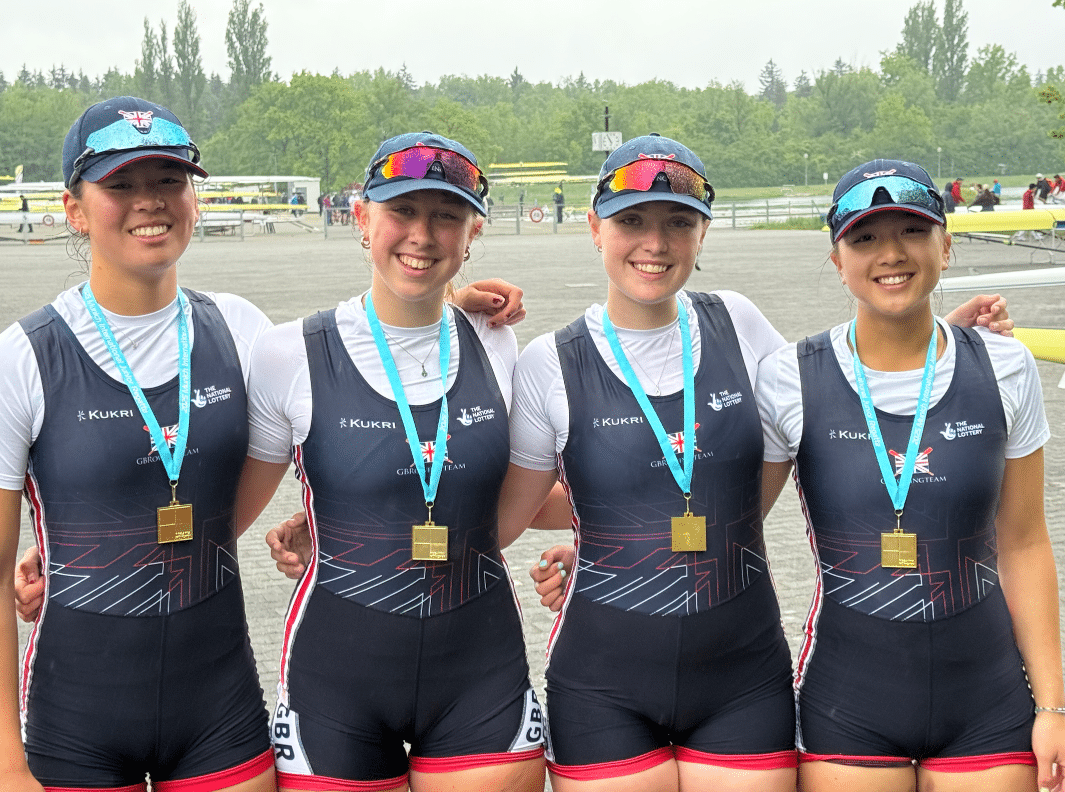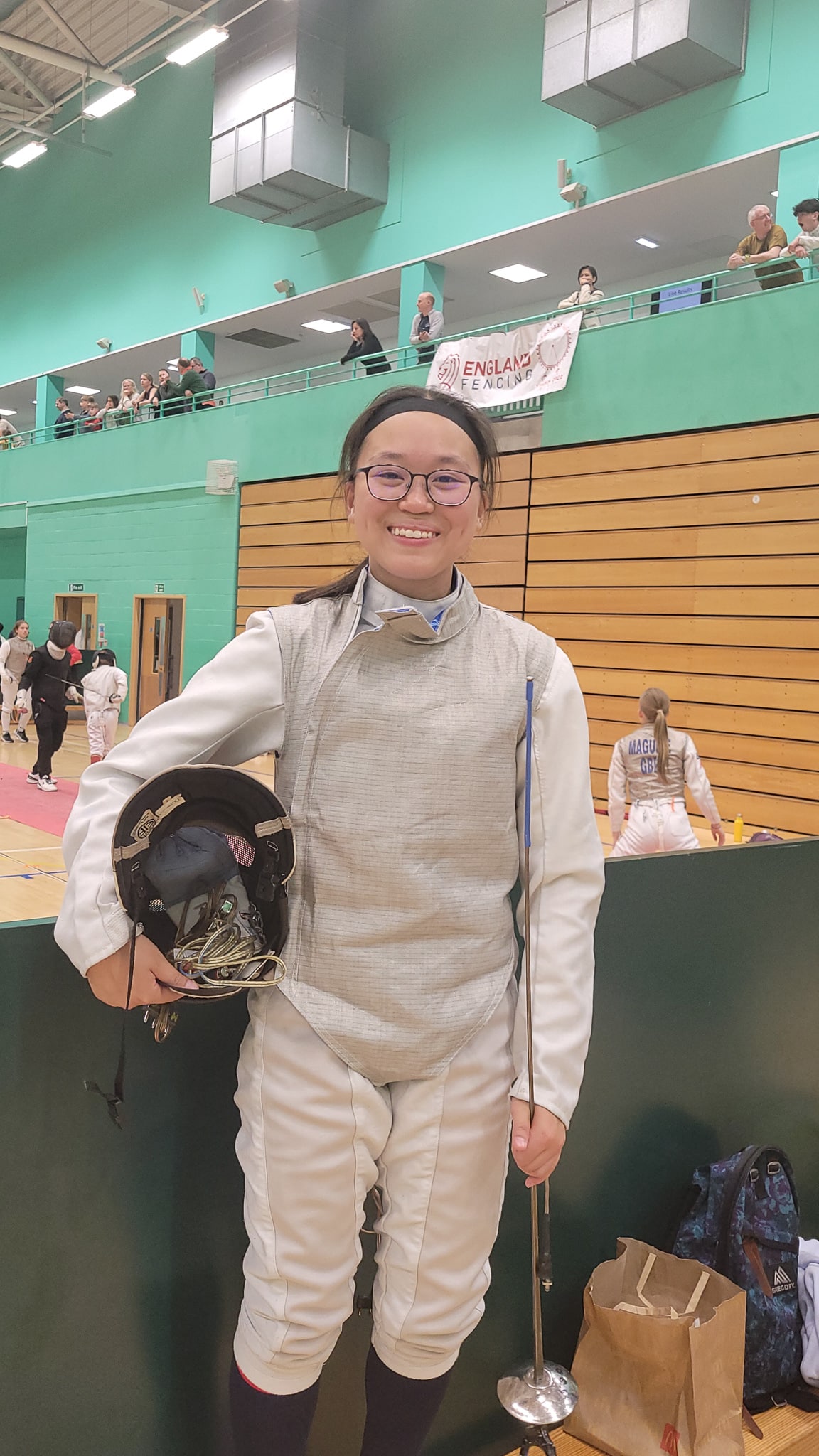Philosophy Café with Sam Mckee
Headington Rye runs a regular ‘Philosophy Café’ series where pupils have the chance to hear from experts on a range of different philosophical issues. Read an account by Aurora, Year 12 Student Marketing and Admissions Leader, on the most recent session.
I attended a Philosophy Cafe talk given by Sam Mckee (yes, Mrs Mckee’s husband) who is an Associate Lecturer in Philosophy at Manchester Metropolitan and a researcher in DNA repair at University of Reading.
Immediately, he struck me as being both an expert and passionate about his line of work, as he revealed he had gained nine university qualifications in the span of six years. He’s studied Theology, Philosophy and DNA repair in depth and I certainly admired his wide spread of knowledge across both humanities and biomedical sciences.
We began by discussing the definition of science and how many agree that it is defined as being able to be falsified.
A quote from Karl Popper reads: “The way of science is paved with discarded theories which were once declared self-evident”.
Other examples were given such as Newtonian theory being disproven by inconsistent planetary orbits then being replaced by Einstein’s discoveries.
Through this discussion, we came across many other beguiling quotes such as: “The nothings of self-nothing is nothing.” While this may strike some as the peak of philosophical nonsense, quotes like these paved the way for thinkers to create theories upon the philosophy of science.
We also discussed some case studies in defining science. One was the comparison between astronomy and astrology and how astrology seems to be respected even when horoscopes don’t align with someone at all, while there have been countless times where astronomical theories have seen inconsistencies and following up on this led to discoveries of new planets like Neptune.
Another interesting case was the one of Maori ways of knowing vs “modern, western” science being taught in schools in New Zealand.
New Zealand has been recently one of the first “modern” countries to split their science curriculum in two, teaching modern science and Maori indigenous science alongside it.
This led to many scientists and philosophers campaigning against it and arguing that Maori ways of knowing should not fall under the realm of science should it be taught at all.
The topic led to some interesting discourse in the cafe about preserving Maori culture while also reaffirming that some Maori methods of medicine or agriculture are also proven to work based on “modern” science.
In the Q&A section, he gave us some advice for applying to Philosophy at university, saying it depends on the “flavour” of philosophy you’re interested in.
For instance, while LSE is good for Political Philosophy and Oxford is much more analytical, MMU shines in its flavour of “whiny post modern French thinkers”.
Overall, the talk was incredibly enriching and thought provoking and I look forward to the next Philosophy Cafe sessions in the next academic year.



